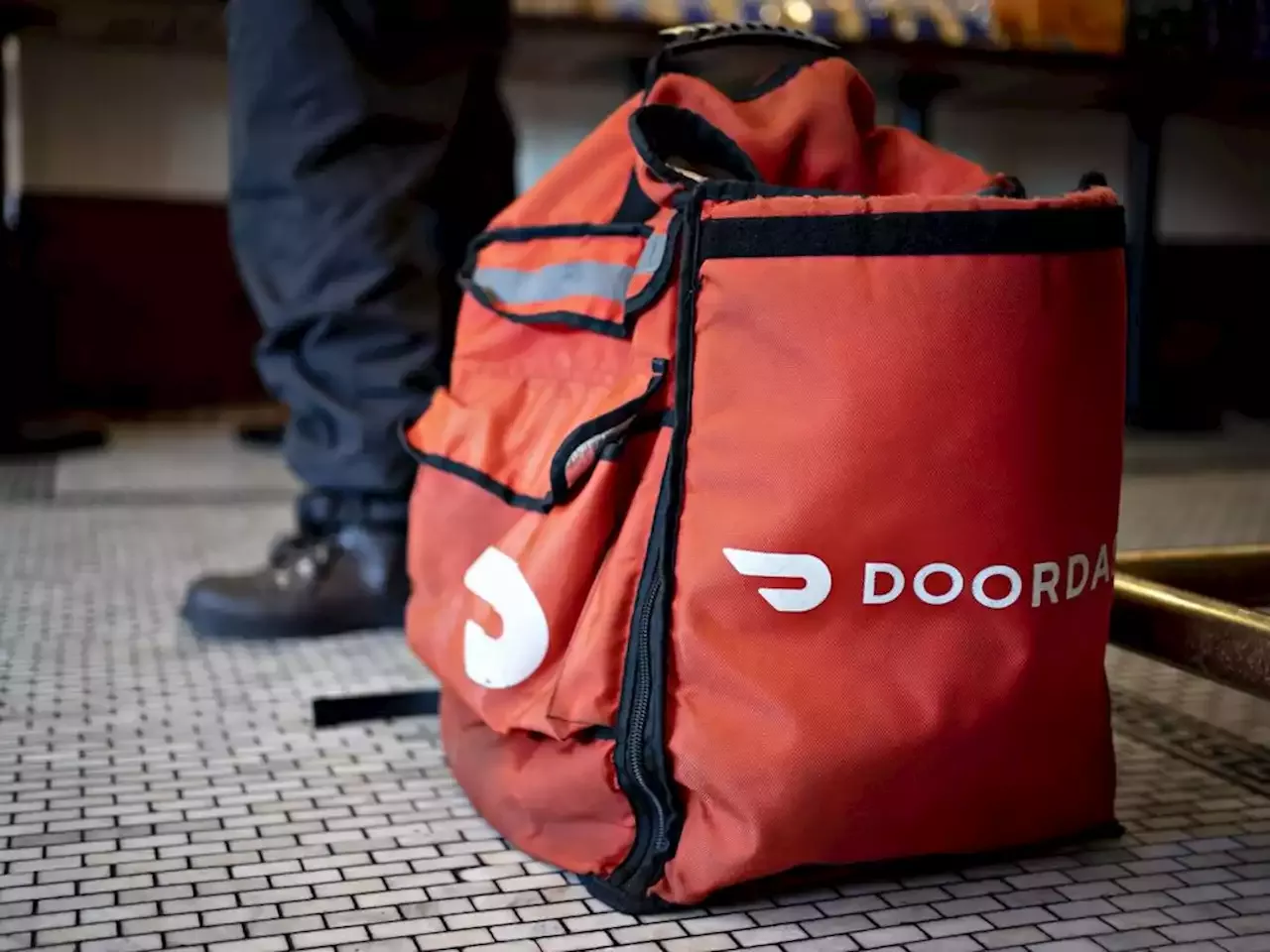The food delivery app had restarted its WeDash program that requires all of its salaried employees in the U.S., Canada and Australia to get out on the road and make deliveries. “It’s pretty core to our DNA as a company … it ties to one of our values of being customer-obsessed,” says Fang.
However, at least one DoorDash employee was not happy about the reinstatement of WeDash. In a post on the workplace app Blind in December, the staff member claimed to have not received prior notice of the policy before joining the company and appeared to object to the deliveries being tracked in performance reviews.Article content
She did, however, raise concerns about safety and employees’ ability to understand problems experienced by workers in the gig economy. “I do think that does help you build empathy with your end user, but you really can’t understand that role unless you jump in, your salary is dependent on it, you are feeding your family based upon that salary, you’re working 14-hour days.”Article content
Ilma Nur Chowdhury, senior lecturer in marketing at the Alliance Manchester Business School, says companies should consider whether they have recruited an inclusive “dogfooding” team that reflects the different needs and backgrounds both of employees and customer groups. “You could see a firm trying to become much more socially responsible, trying to take into account diversity when they are engaging in this process.
